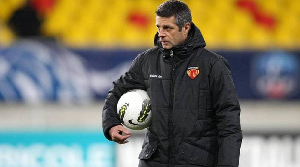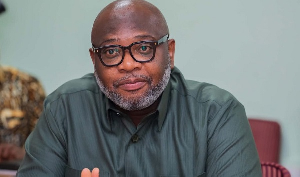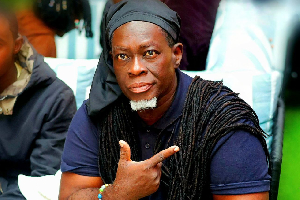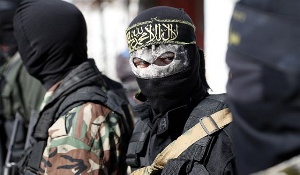Political parties under the Institute of Economic Affairs (IEA) Ghana’s Political Parties Programme (GPPP) have called on the Electoral Commission to conduct the general elections in November instead of December.
According to the political parties, the conduct of elections in November would help dispose of any election challenge or run-off before the President is sworn-in.
“We are therefore calling for an amendment in Ghana’s electoral rules for elections to be conducted on 7th November rather than 7th December,” the parties said.
The political parties made the recommendation, as part of their proposals for electoral reforms, after their representatives attended two workshops held for them by the IEA at Akosombo and Koforidua, to discuss and review Ghana’s electoral system, with a view to proposing reforms in the wake of the problems that emerged after the 2012 general elections.
Dr Ransford Gyampo, a Senior Research Fellow at IEA and Coordinator of GPPP, said the discussion by the political parties was focused on the role and power of the EC in the conduct of elections, biometric voter registration, voting and documents of the polls, E-voting, elections security and election petitions and it was very constructive.
Explaining the rationale behind the proposal by the political parties, Dr Gyampo disclosed that, the parties are of the view that, bringing the Election Day forward from December 7 to November 7 would allow ample time for run-offs, which are expected to be conducted three weeks after the general election, and settle any legal disputes after the election.
“This would in turn ensure ample time for proper handing over and transition in a manner that ensures policy continuity and good governance.
The political transitions of 2001 and 2009 were severely inhibited due to the run-offs that took much of the limited time for the handing over of power, “he said.
He said, because of the holding of elections in December, there were always time constraints with regards to the transfer of power.
“Indeed there were severe time constraints, since the transfers were forced to take place within the short period of six days, 1st January to 6th January for the 2001 transition; and an even shorter period of three days, 4th January to 6th January for the 2009 transition, as a result of the Tain run-off election,” he said.
Dr Gyampo said, the short periods between the declaration of the results and the commencement of the transfer process in both cases did not allow the losing party sufficient time to properly re-orient itself for the transfer; hence a lot of mistakes were made.
“There was no proper handing over notes from the out-going officials to the in-coming ones. Again, there were several seizures of vehicles by party foot soldiers and forcible ejection of people from their apartments and government bungalows,” he said.
He disclosed that, given the fragile nature of Ghana’s democracy, it needs ample time to iron out all election –related issues and ensure a proper transfer of power from an out-going leader to an in-coming one before the latter’s investiture.
He said the ample time would allow the euphoria of victory and the disappointment of losing an election to settle for proper handing over to take place.
“We are therefore calling for an amendment in Ghana’s electoral rules for elections to be conducted on 7th November rather than 7th December. Given the high stakes involved in the upcoming 2016 elections, the possibility for a run-off and or another Supreme Court Petition cannot be ruled out completely and we need to prepare and act now,” he added.
Politics of Friday, 22 August 2014
Source: GNA
EC urged to conduct elections in November













